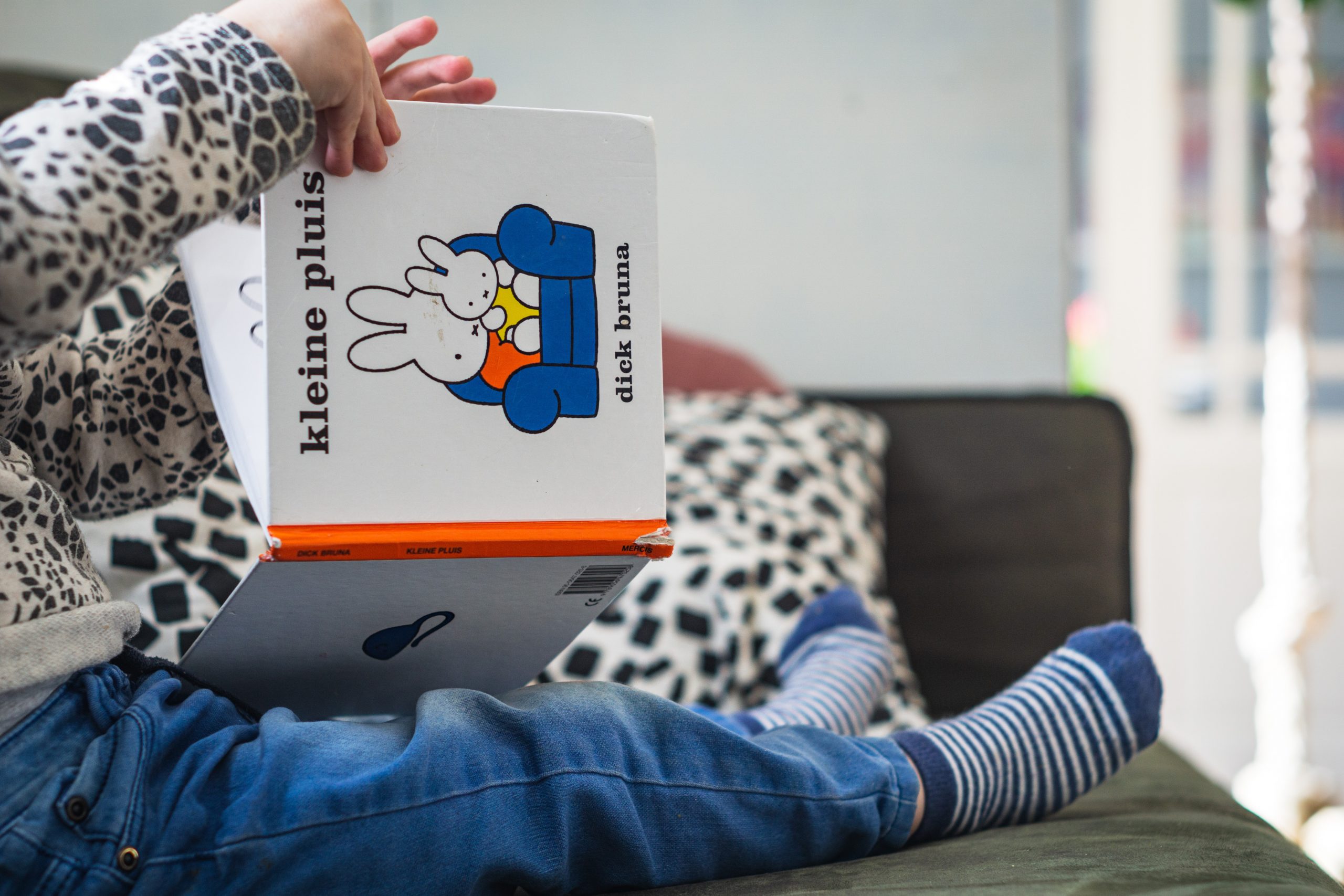Reading to your child can be a wonderful tradition, whether to encourage listening skills, to promote an interest in books and reading, or just to spend time together. However, trying to read to an overly energetic child who can’t sit still can make you rethink the entire activity.
Because it can be so easy to say “forget it” and let your little one do what they want, it is important to remember just how beneficial it is for children to have that reading time, whether or not they’re on board for a pause in their play. In an effort to make the task easier on you, here are 5 tips for reading aloud to an overactive child:
1. Limit the distractions.
Make sure any attention-grabbing devices are put away or turned off. It can already be hard enough to stay focused when the TV or radio is off. Make your child’s attempt to listen a little easier on them by creating a quiet environment with not too many toys or games.
2. Keep small activities to focus extra energy.
It’s important to limit major distractions, but if your child is normally energetic, it can be beneficial to give them something to keep their body busy, allowing their mind to better focus. Fun activities can range from coloring, solving puzzles, or even toys specifically designed for fidgeting like spinners, silly putty, or even yoga balls to sit on.
3. Forget rewards.
According to the educational author, Alfie Kohn, “rewards kill creativity […] rewards and punishments help to explain why a lot of kids have given up trying.” Instead of rewarding your child for spending time with literature, try to promote a natural enjoyment of reading/listening along by ignoring an incentive. However, make sure to promote discussions with your child about what they’ve learned.
4. Set aside small chunks of the day for reading.
If your child can’t sit still for long, it is still beneficial to squeeze some reading time in the day somewhere, even if you’re only able to do 10 minutes at a time. Some ideal times might be right when your child wakes up or right before they go to bed, as well as around nap time or after an exhausting activity. This way, your child will be more inclined to settle down with a story since you won’t be interrupting their fun-filled schedule to do it.
5. Get them involved in the story.
Your child might not want to read because the story could be boring to them. To get them excited about the possibilities of literature, make your book interactive. If there are pictures, you can ask your child to count how many items there are or discuss what’s happening in the story and how they would feel about that happening to them. Books are a great way to teach your child new things by immersing them in a different world.
However active your child might be, reading with them can still be possible. Try some of these tips and see what works for you and your little reader.
